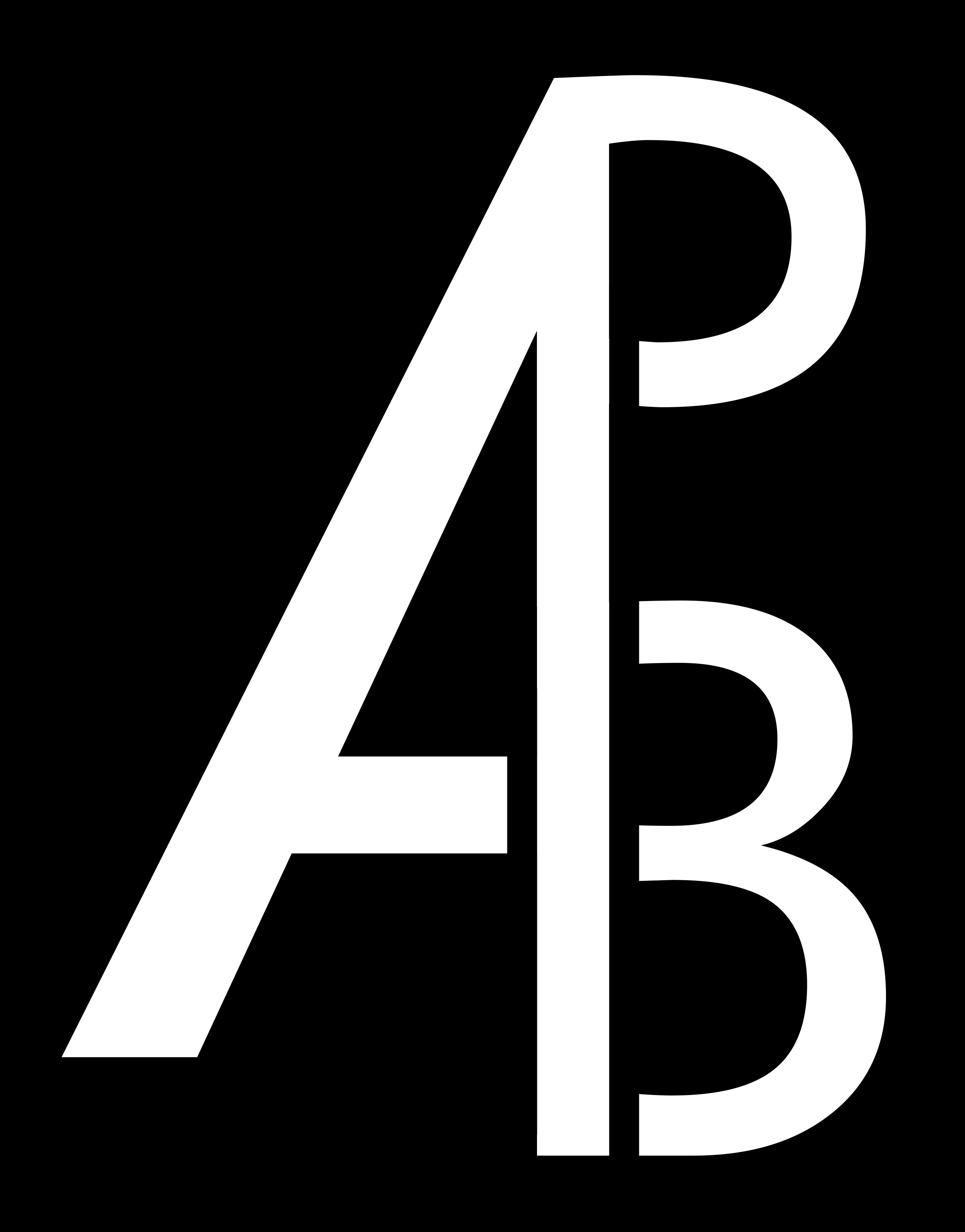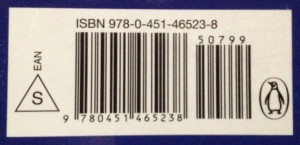If you’re an author who’s considering indie publishing, then you may have asked yourself a question: What is an ISBN, and do I need one for my upcoming e-book? If so, then this is the guide for you.
ISBN stands for International Standard Book Number. Basically, it’s an identifying code for a book or book-like product (such as an audiobook) that helps retailers and distributors identify books and distinguish not only among different books but among different formats and editions of the same book.
According to Bowker, who is the official ISBN registration agency in the United States, you need a different ISBN for each version of your book. So, for example, if you were to publish the same book as a hardcover, a trade paperback, a mass market paperback, and an audiobook, you would need a different ISBN for each. In addition, if you were to change anything in any of those editions beyond spelling or grammar mistakes, then you would need to give those editions new ISBNs. Should you replace your book’s cover or add a forward to a book, that would necessitate the use of a new ISBN.
But what about ISBNs for e-books? Well, if we consult Bowker again, they’ll say that every different e-book format should have its own ISBN. So, if you were to prepare a MOBI file, an ePUB file, and a PDF file, each would need its own ISBN.
But you have to remember, Bowker is in the business of selling ISBNs. Of course it’s in their best interest to recommend that you need to use as many different numbers as possible! But do you really need that many? Let’s consider the various e-book formats before we come to any conclusions.
First, there is MOBI, a proprietary e-book format only used by Amazon for their Kindle device. Amazon will let you upload an e-book to the Kindle store without an ISBN because they use their own internal ASIN classification instead. If you provide Amazon with an ISBN, then the ASIN they assign your book will match your ISBN, but if not, Amazon will simply assign your e-book a random ASIN. So you do not need an ISBN to do business with Amazon.
All the other major e-book sellers use ePUB, including Apple/iTunes, Barnes and Nobles, Kobo, and Google Play. To my knowledge, none of these sellers require that you provide an ISBN for your e-book. Like Amazon, they will assign your e-book an internal classification number if you do not have an ISBN. However, most of them strongly encourage that you get an ISBN, as ISBNs are a requirement for selling your e-books in a number of international markets.
The advice I’ve heard (from Director of Kobo Writing Life, Mark Leslie Lefebvre, himself) is basically this: get a single ISBN for all versions of your e-book, whether it be ePUB, MOBI, or PDF. This will ensure you can sell your e-book around the globe without issue, and it will help you track sales better as well.
One more note for those of you who wish to take advantage of print-on-demand options. You will need a separate ISBN for your print books.
If you print with, say, Createspace, you have a few ISBN options. On one hand, you can purchase a custom ISBN from them for a small fee or you can bring your own ISBN with you. On the other hand, Createspace will offer to give you a free ISBN, but then they take credit as the publisher for your book. Similarly, if you publish through Smashwords, they will offer a free ISBN as well, but again, if you use their ISBN, they get to claim themselves as the publisher for your e-book. Why is this a bad thing? Well, it limits your distribution options to whatever Createspace and/or Smashwords is willing to offer.
On the other hand, ISBNs are expensive. Bowker charges $125 for 1, $250 for 10, $575 for 100, and $1000 for 1000, which makes it pretty clear that they have no interest in catering to indie publishers. So if price is an issue, consider the free options that Createspace and Smashwords have to offer.
My own personal advice, however, is that if you’re planning on writing long-term, just bite the bullet, buy some ISBNs in bulk, and use them slowly as you go along.
With this knowledge in hand, you should now finally be ready to face the murky indie ISBN waters. Good luck!


I set up an LLC and picked up a 1000 block of ISBNs. I then set up imprints under that, including the imprints of fellow authors who had small presses. They reimburse me for my ISBNs as they use them. It’s a good co-op method of sharing the cost of expensive things between a group.
That does sound like a good system. I’m also thinking of setting up an LLC for tax purposes.